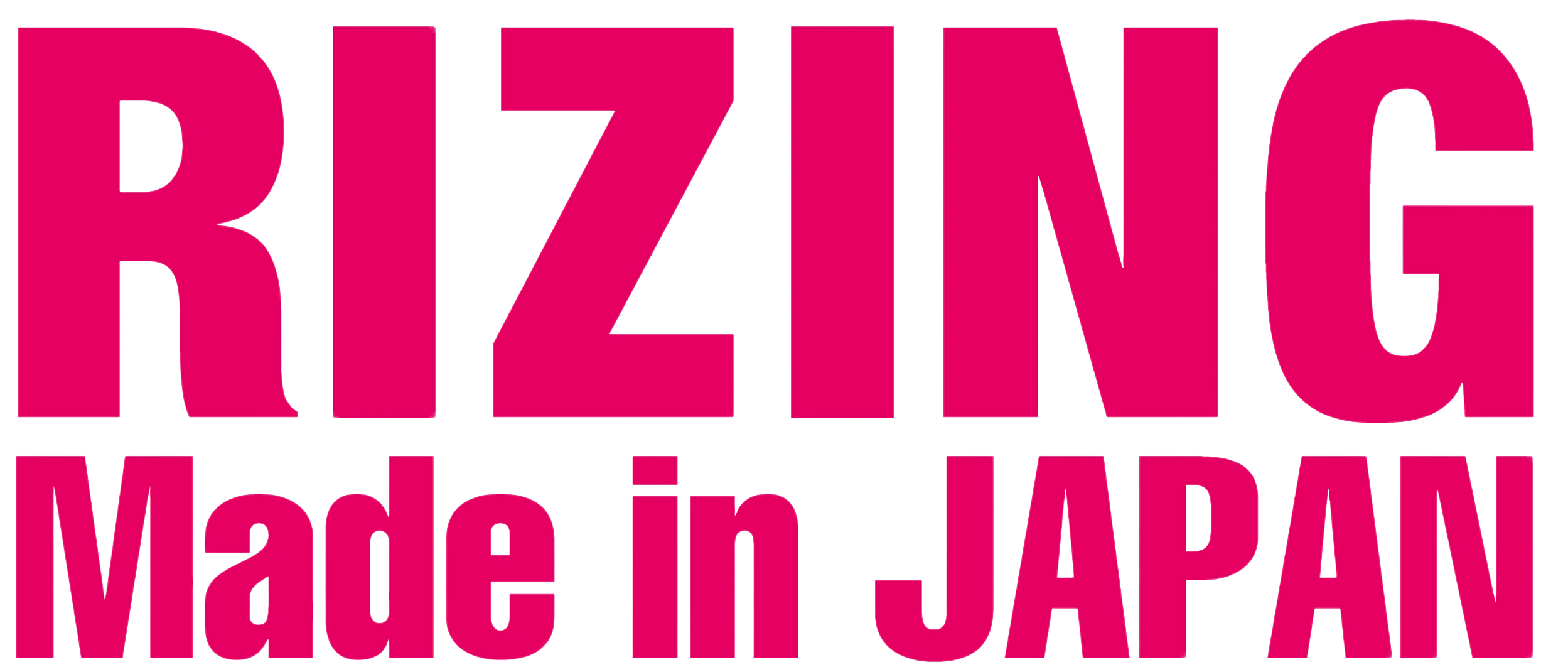Japan, an island nation with a rich tapestry of history, culture, and tradition, has often been characterized by the term “conservative.” This classification, which evokes images of a society rooted in ancient customs and resistant to change, raises an important question: Is Japan still conservative in the contemporary age? To address this question, one must consider various facets of Japanese society, including political dynamics, social norms, gender roles, and the influence of globalization.
Historically, Japan epitomized a conservative ethos, particularly during the Edo period (1603-1868), characterized by rigid class structures, adherence to Confucian ideals, and cultural homogeneity. The Meiji Restoration in 1868 marked a tumultuous shift, wherein Japan adopted Western influences while simultaneously striving to preserve its cultural identity. POST-War Japan experienced a unique blend of conservatism and modernization, as evidenced by the rapid economic growth in the latter half of the 20th century, often referred to as the “Japanese Miracle.” However, these historical contexts raise the question of whether contemporary Japan can still be labeled conservative.
Politically, Japan is a constitutional monarchy with a parliamentary system. The ruling Liberal Democratic Party (LDP), which has maintained a dominant position since the 1950s, is often perceived as embodying conservative values. The LDP prioritizes national security, economic stability, and traditional family structures. Recent policies, such as revisions to Japan’s pacifist constitution and increased defense spending, reflect a conservative inclination towards nationalism. Nonetheless, there has been a growing discourse around social issues, including a demand for more progressive policies concerning immigration, labor rights, and environmental sustainability. These emerging discussions indicate an evolution in political discourse, revealing an internal tension between conservative foundations and the necessity for reform.
Socially, Japan presents a complex portrait of conservative versus progressive values. Many traditional customs remain prevalent, including the practices of seasonal festivals, tea ceremonies, and the observance of Shinto and Buddhist rituals. Nevertheless, there is a notable juxtaposition with younger generations’ attitudes towards social issues, including gender equality, LGBTQ+ rights, and work-life balance. Younger Japanese tend to advocate for a more open-minded and egalitarian society, challenging longstanding societal norms. For instance, recent polls indicate an increasing acceptance of alternative family structures and the desire for gender equality in professional domains, suggesting a drift from the rigidities of traditional expectations.
Gender roles in Japan have historically followed a conservative trajectory, epitomized by the concept of “ryōsai kenbo,” or “good wife, wise mother,” which defined women’s roles primarily within the household. Despite this, there has been a resurgence of feminist movements, challenging the status quo. Women now demand equal representation in the workforce and politics, reflected in the gradual increase in female leaders and politicians. While Japan still lags behind many Western nations in gender equality, the persistent activism and changing public perception signify a significant departure from conservative gender norms.
Globalization has also played a critical role in reshaping Japan’s social landscape. The influence of Western culture, ideologies, and practices permeates many aspects of Japanese life, from fashion and cuisine to technology and entertainment. The rise of international media and social networks has facilitated the exchange of ideas that challenge traditional norms. Furthermore, Japan’s demographic shift, marked by an aging population and declining birth rates, necessitates consideration of immigration as a potential solution. This evolving narrative brings foreign influences and diverse perspectives into a society historically characterized by homogeneity, representing a significant challenge to conservative ideals.
In conclusion, while Japan retains elements of conservatism in its political structures, social norms, and cultural practices, there is an undeniable evolution occurring within its society. Increasingly, younger generations are advocating for progressive changes that challenge traditional values, signaling a shift towards a more inclusive and dynamic society. The balance between conservatism and progressivism creates an intricate landscape where the old meets the new, indicating that Japan is at a crossroads in its identity. Thus, to characterize Japan solely as conservative would be an oversimplification; it is a nation in transition, navigating the complexities of its rich heritage while facing the imperatives of a rapidly changing world.

